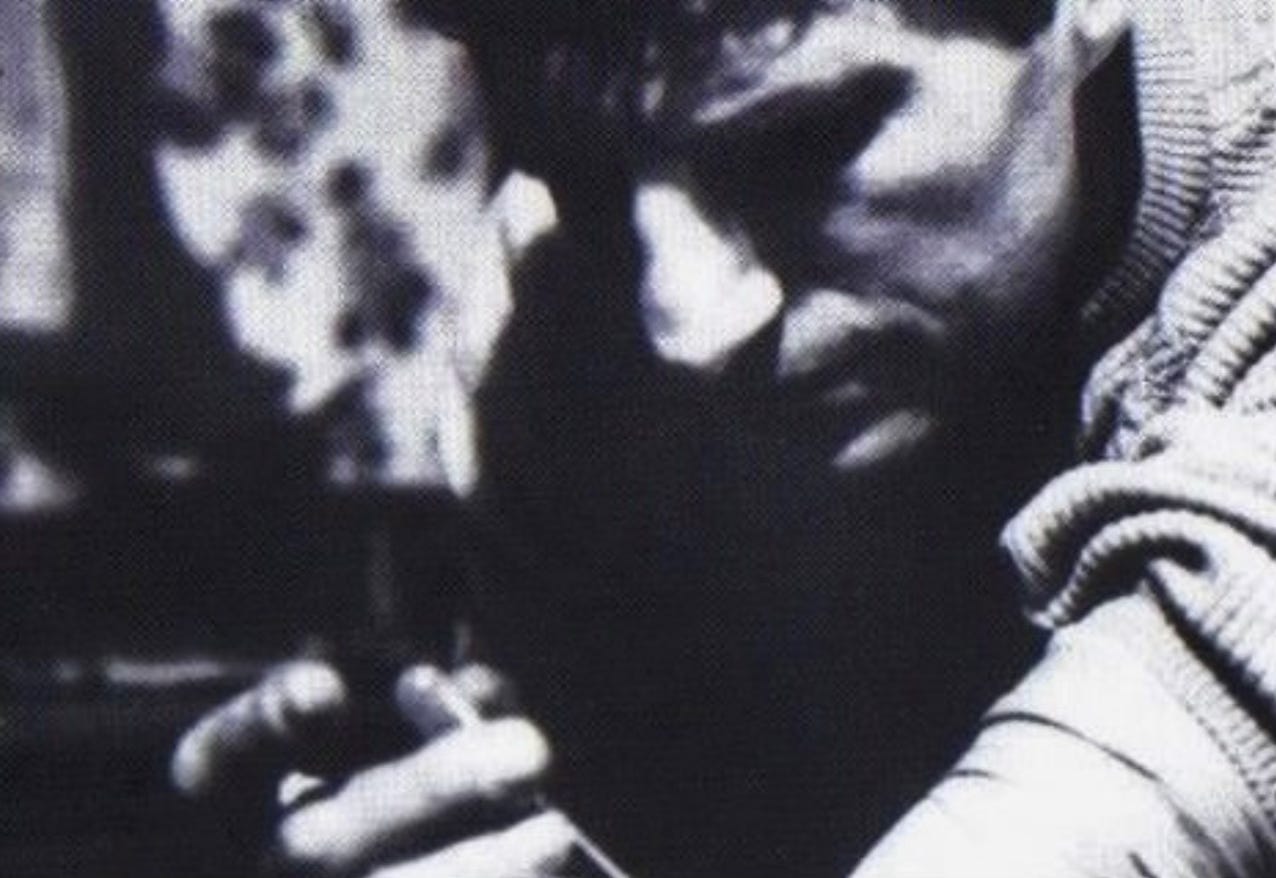Alexander Trocchi & Leonard Cohen
Friendship, art, drugs and chaos
In preparation for a holiday on the Greek island of Hydra, I am reading I’m Your Man: The Life of Leonard Cohen, by Sylvie Simmons.
So far I have reached Cohen’s early 30s and I have to say my attitude to him is vacillating between admiration and irritation.
Cohe…
Keep reading with a 7-day free trial
Subscribe to The Jaggy Thistle to keep reading this post and get 7 days of free access to the full post archives.



